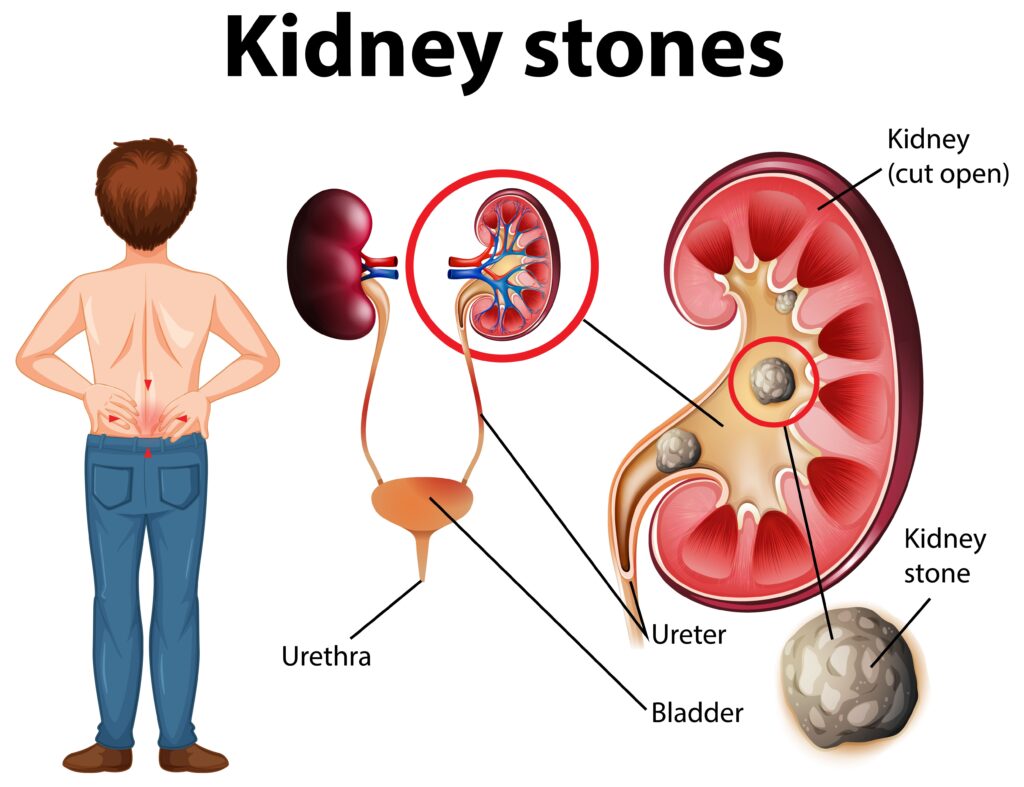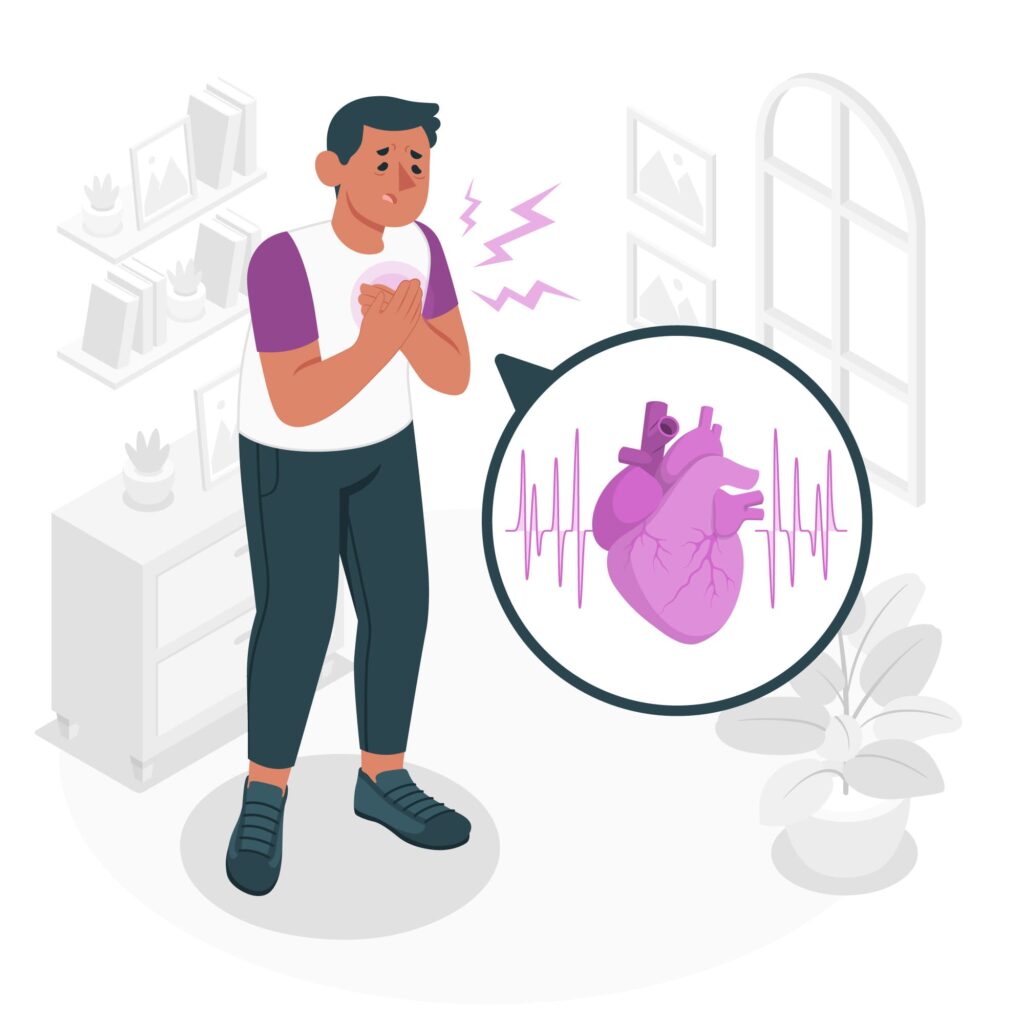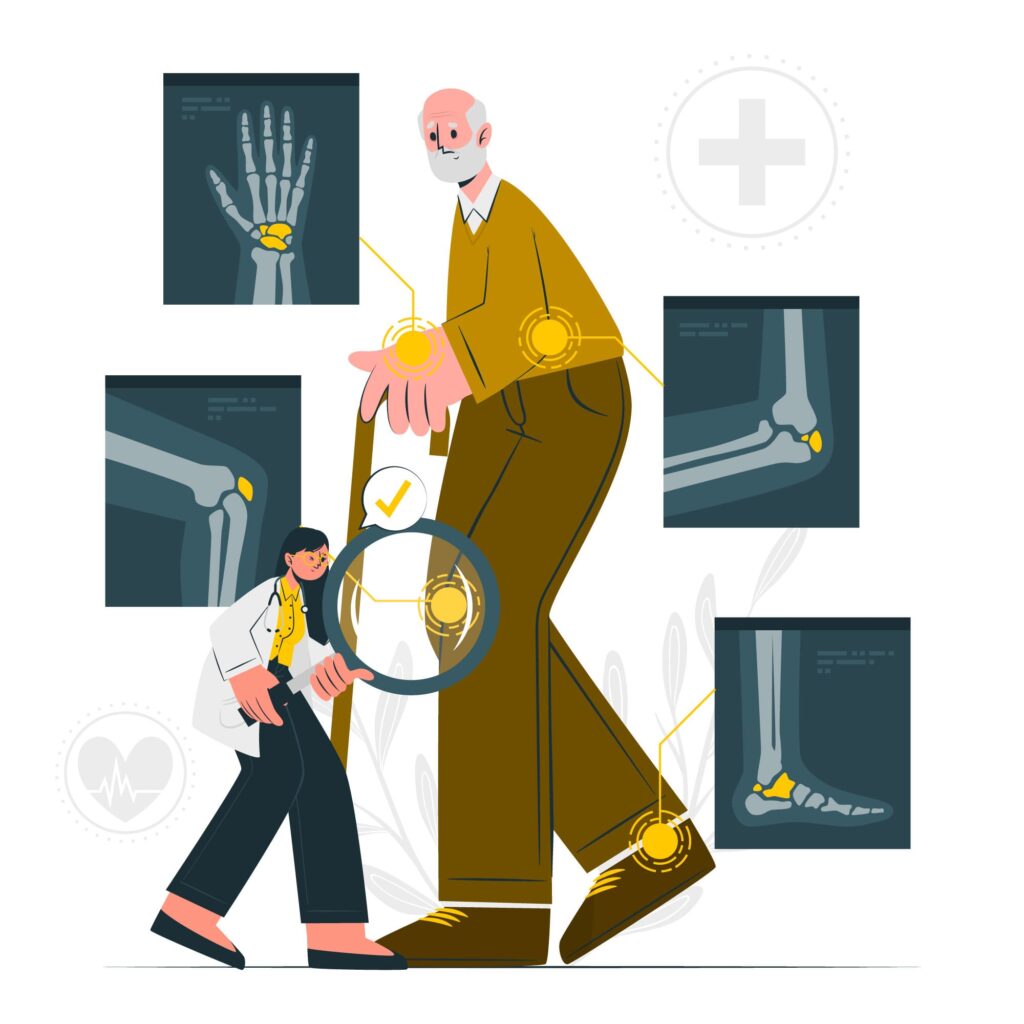Ultrasound is important in medical checkups nowadays, thanks to its flexibility, safety, and precision.
This harmless picture-taking method gives health professionals a peek at our inner parts. With only a sound wave, ultrasound can spot various illnesses.
But what diseases can be detected by ultrasound?
Let’s check out some usual conditions detected by it.
What Diseases Can Be Detected by Ultrasound?
1. Abdominal Conditions
Gallstones and Kidney Stones

Ultrasound is a reliable tool for detecting gallstones and kidney stones. These hard lumps may result in excruciating pain and additional problems if overlooked.
Through ultrasound, medics can locate these stones and get the right therapy going.
Liver Diseases
When it comes to liver ailments, ultrasound is super useful. This includes fatty liver disease, liver scarring, and even liver growths. It’s a swift method to check liver vitality and spot any irregularities that need a deeper look.
Pancreatic Disorders
The pancreas isn’t left out either. Problems like inflammation of the pancreas or pancreatic sacs can be identified using ultrasound scans. Spotting them early can be vital for successful treatment and control.
2.Cardiovascular Issues

Heart Conditions
Echocardiograms, a certain ultrasound type, are often utilized for heart check-ups. These can spot conditions such as issues with heart valves, heart fluid, and born-with heart defects.
Vascular Diseases
If we talk about Vascular Diseases, ultrasounds come in handy there too. They aid in imaging our blood highways, assisting identification of conditions like deep vein thrombosis (DVT) or peripheral artery disease (PAD. They offer a clear blood flow picture and can spot any stuck passages or clots.
3.Obstetric and Gynecological Conditions

Pregnancy Monitoring
Ultrasound is widely known for its role in pregnancy care. It helps watch over the baby’s progress, spot any problems, and shows the baby’s position and well-being.
Reproductive Health
Ultrasound sees conditions such as ovarian cysts, uterine lumps, and endometriosis in women. It gives useful details to direct treatment and care plans.
4. Musculoskeletal Disorders

Joint and Tendon Issues
More and more people are turning to musculoskeletal ultrasounds for spotting things like tendonitis, bursitis, and even tears in your muscles or ligaments. They’re perfect for getting a clear view of joints and soft tissues, things that are tricky to see using other methods.
5.Cancer Detection

Tumors and Cysts
Can an ultrasound detect tumors? Yes. Ultrasound is also useful in detecting various types of tumors and cysts.
Ultrasounds are helpful for finding different tumors and cysts. Even though it may not show as much as a CT scan or MRI, it’s a swift and affordable first choice that can point out areas for further checking.
Closing Thoughts
Ultrasound is a powerful diagnostic tool. It safely detects many health problems like gallstones, heart issues, pregnancy, and even bone and muscle conditions.
Need a simple check-up? Worried about symptoms? Come to Primary Care of Kansas.
Here, our skilled team uses top-notch ultrasound technology. We offer quick and precise diagnoses. This means you get the highest quality health care. Time to focus on your health?
Connect with us at Primary Care of Kansas and get an ultrasound today.
FAQs
What diseases can be detected by ultrasound?
Diseases like gallstones, liver problems, kidney stones, and certain cancers are possible
Why is the gel used in an ultrasound?
It assists sound waves in providing clear pictures.
What’s the difference between an ultrasound and a sonogram?
Ultrasound is the procedure, sonogram is the result.
Can an ultrasound show cancer?
Yes, some cancers can be detected by an ultrasound.
Where can I find an ultrasound scan near me?
Try local hospitals, medical clinics or a quick internet search.
What can’t be detected by ultrasound?
Ultrasounds can’t detect diseases like osteoporosis or conditions involving air-filled areas such as the lungs.
Can ultrasound detect infection?
Absolutely. Infections, like abscesses or unique soft-tissue ones, can be caught by ultrasound.
What is the risk of ultrasound test?
They’re usually harmless, with tiny risks as they use sound waves, not ionizing radiation.
Is ultrasound 100% safe?
While usually safe, no medical test is completely without risk. Thankfully, bad outcomes are incredibly rare.
What are the negative effects of ultrasound?
When performed right, diagnostic ultrasound doesn’t cause any major harm.
How many times ultrasound is safe?
No set limit exists for safe ultrasound use, but only have one when it’s truly necessary.


No comment